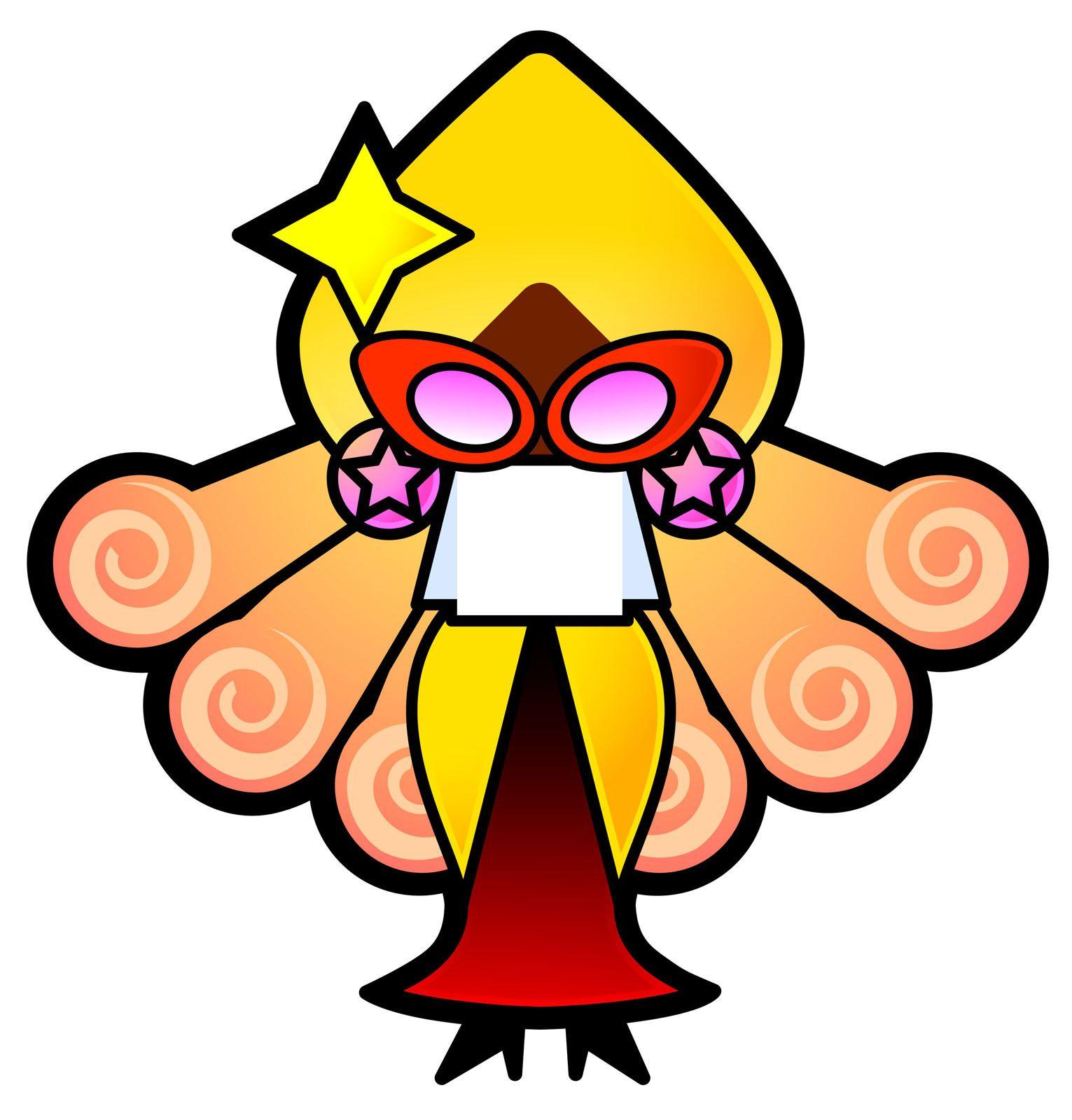Franz Brötchen
Banned
Miyamoto wanted to know if they could make the game only using characters from the established Super Mario universe (this is in refernce Sticker Star). After playing an early build of the Paper Mario 3DS, he said it felt too much like the GameCube game.
Here's the quote from Tanabe:
Some people would say the story and characters help separate Paper Mario and make it unique.
Okay, I'll replace baseless allegations with insinuating exaggerations, then.
Miyamoto having precious little regard for stories as major element of a game is known (and on a grander scale I personally agree extremely with that), so the quote is very believable: He apparently thinks that people like the game for the gameplay, and contrary to almost any other Nintendo franchise, this is just not true imo.
The PM series started as quite a basic JRPG with rather little focus on gameplay. Next to the name-giving graphic style, it is the witty dialogue that is really the only element common among the entire series. And this dialogue profits enormously from both a story and additional unique characters and those are therefore not a distraction but a crucial building block to the experience of the game.
Still, his goal is not a pursue of eradicating any creativity outside of the NSMB series, but the foolish reduction to basics in order to focus on gameplay.

